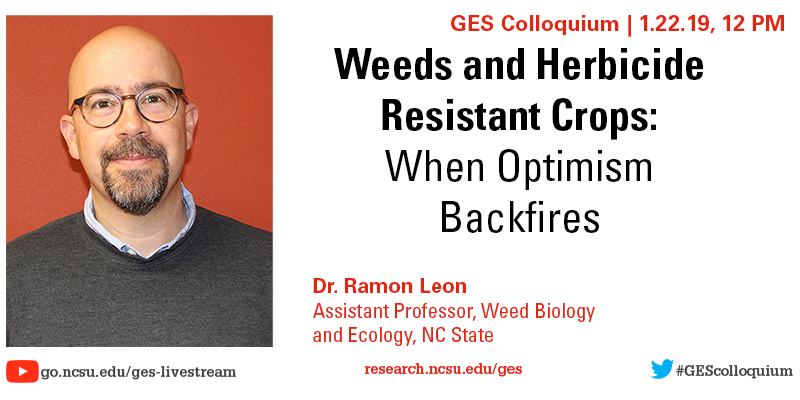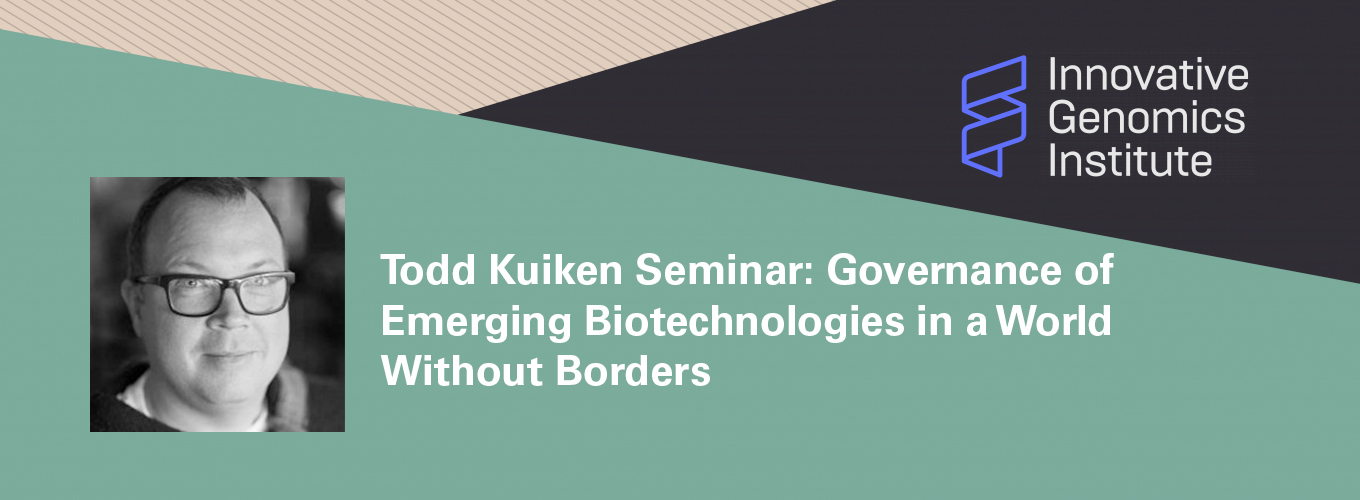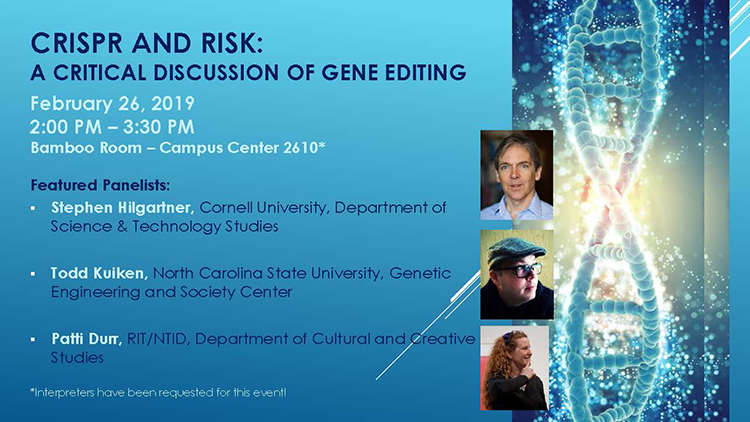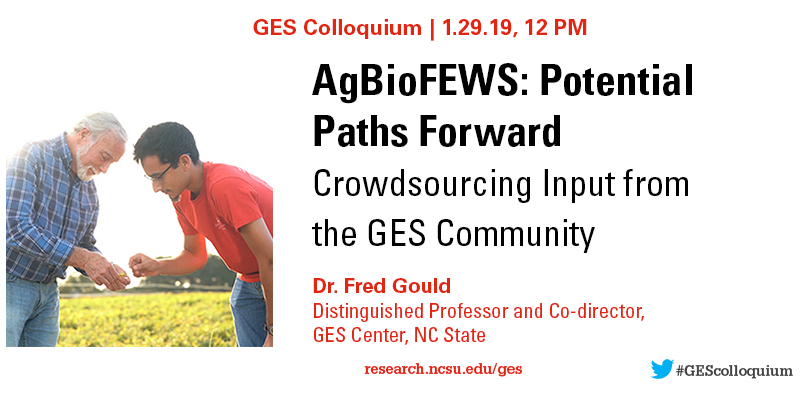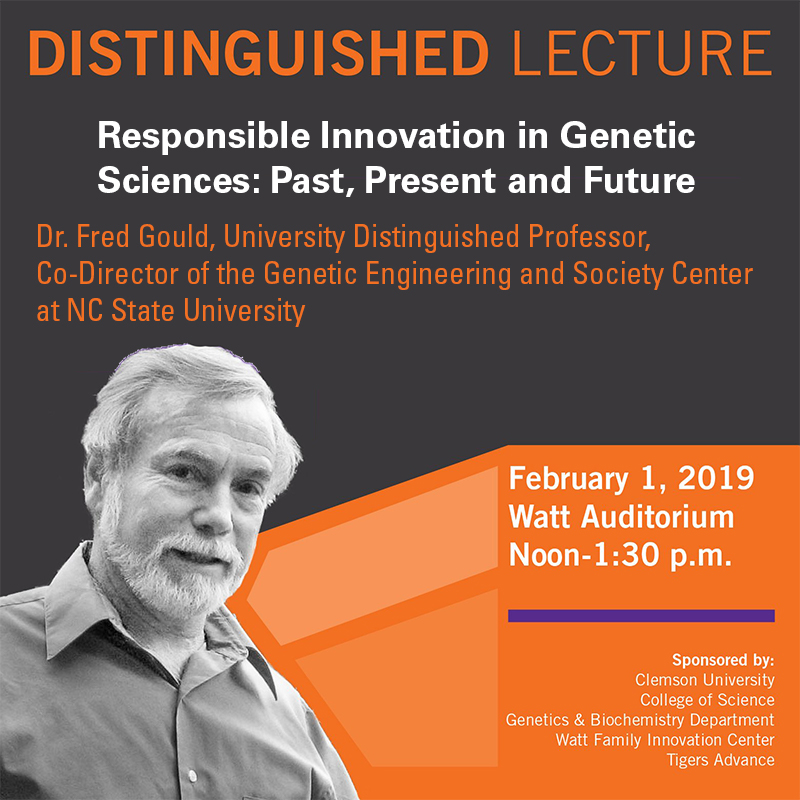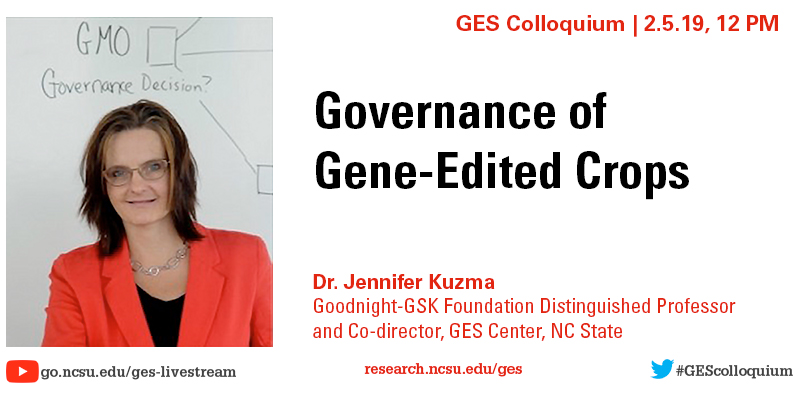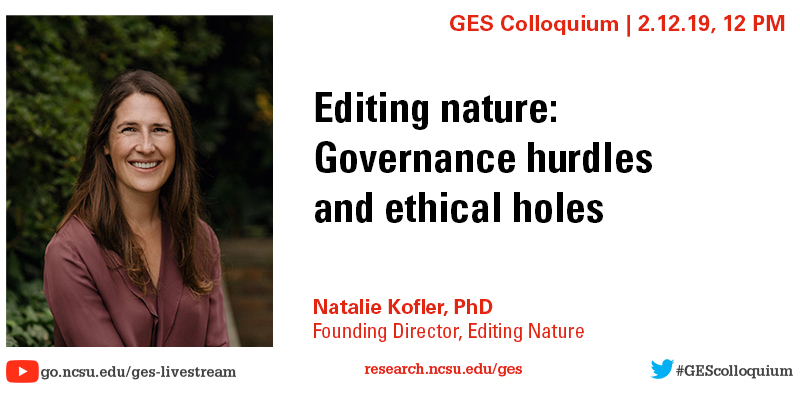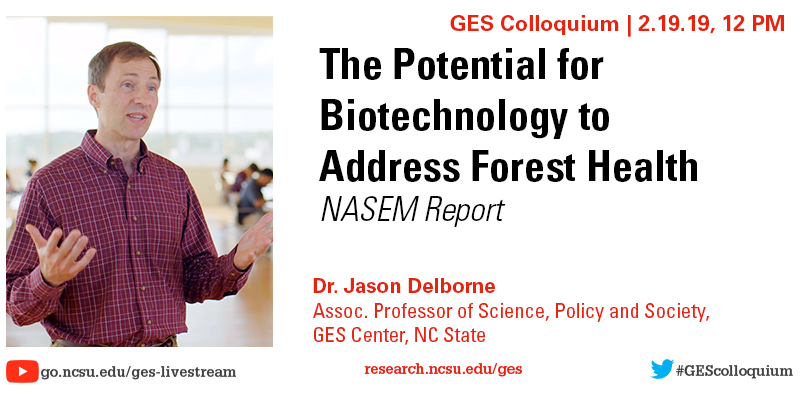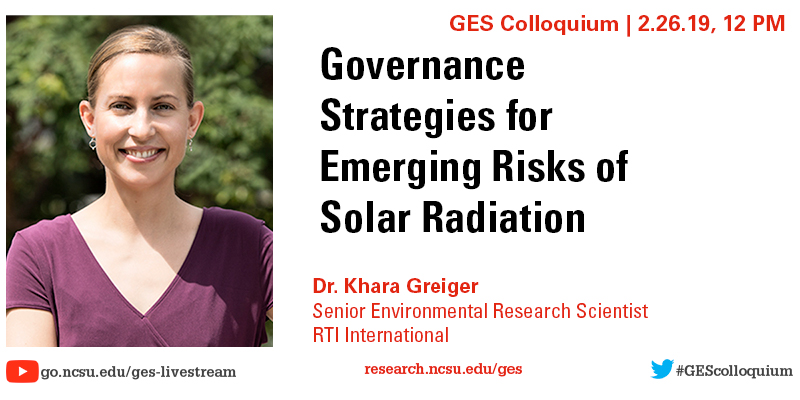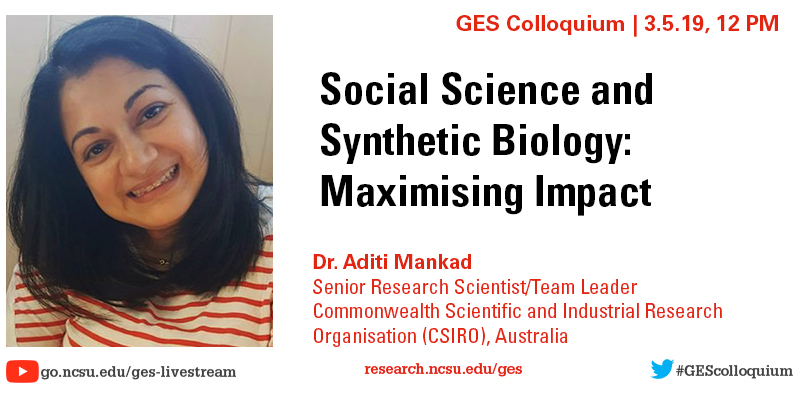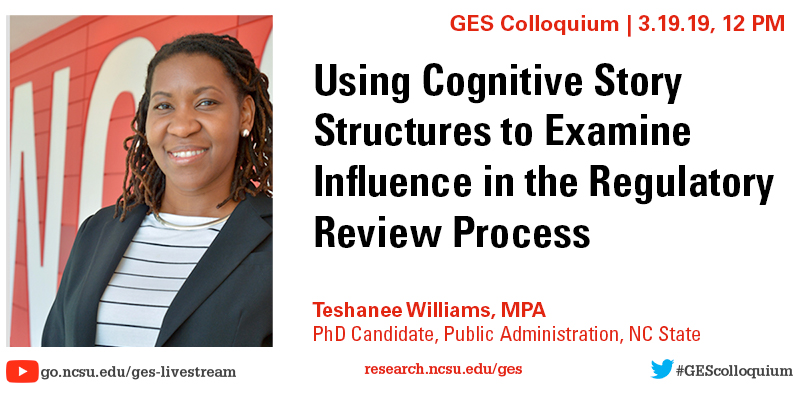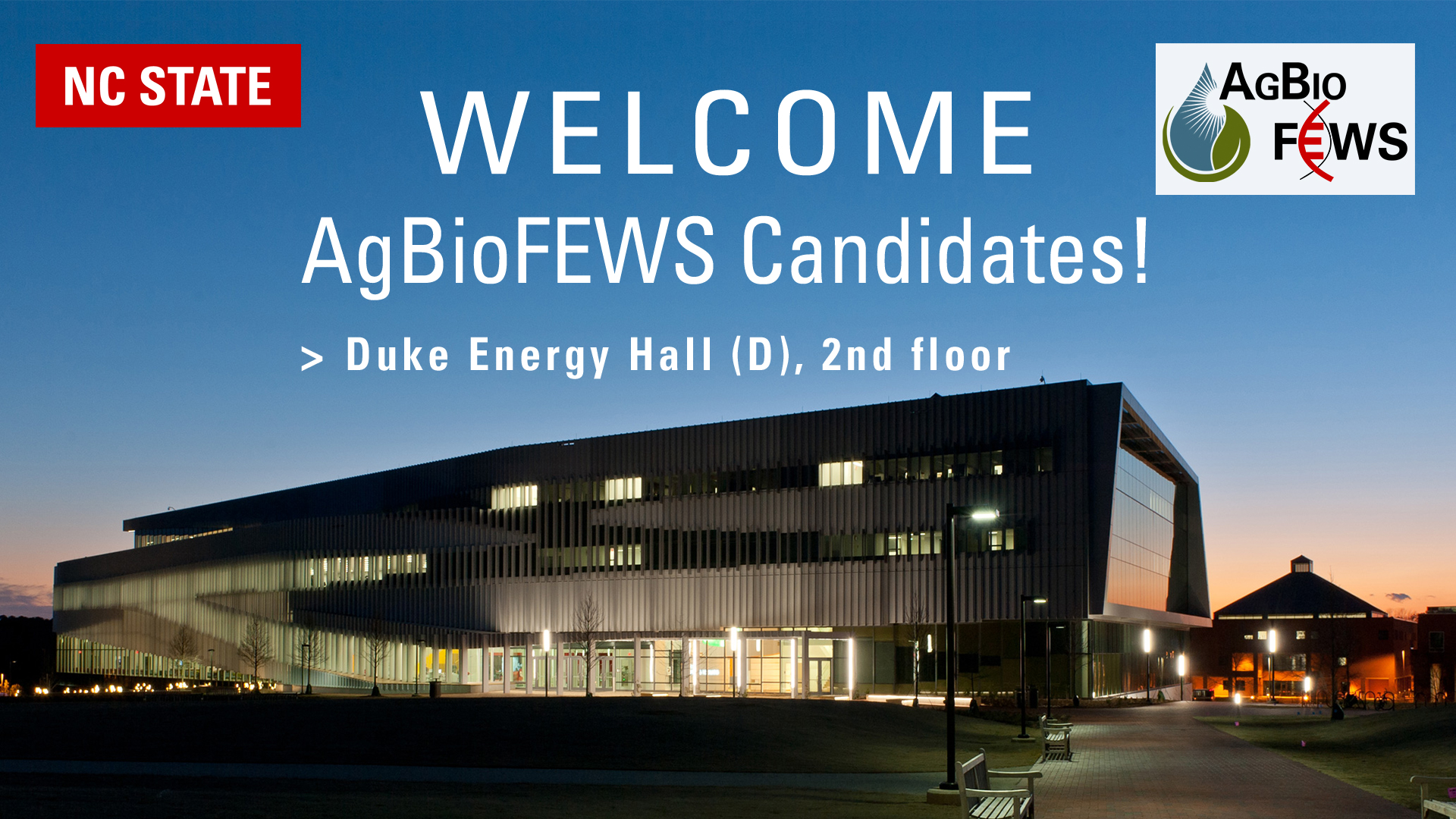GES Colloquium | Ramon Leon – Weeds and Herbicide Resistant Crops: When Optimism Backfires
1911 Building, Room 129 (North Campus) 10 Current Dr., Raleigh, NC, United StatesGES Colloquium, 1/22/19 - Ramon Leon | The rapid evolution of herbicide resistant weeds and the lack of new herbicides has prompted a reevaluation of how HR crops should be considered just a component within a more complex integrated management system and not as the sole tool for ensuring weed control. The excessive optimism that the agricultural and scientific community exhibited during the first years of use of glyphosate resistant crops reduced our ability to identify the limitations of the technology and the negative consequences of not taking corrective actions on time.This is a cautionary tale that should inform the introduction and use of new HR traits.
